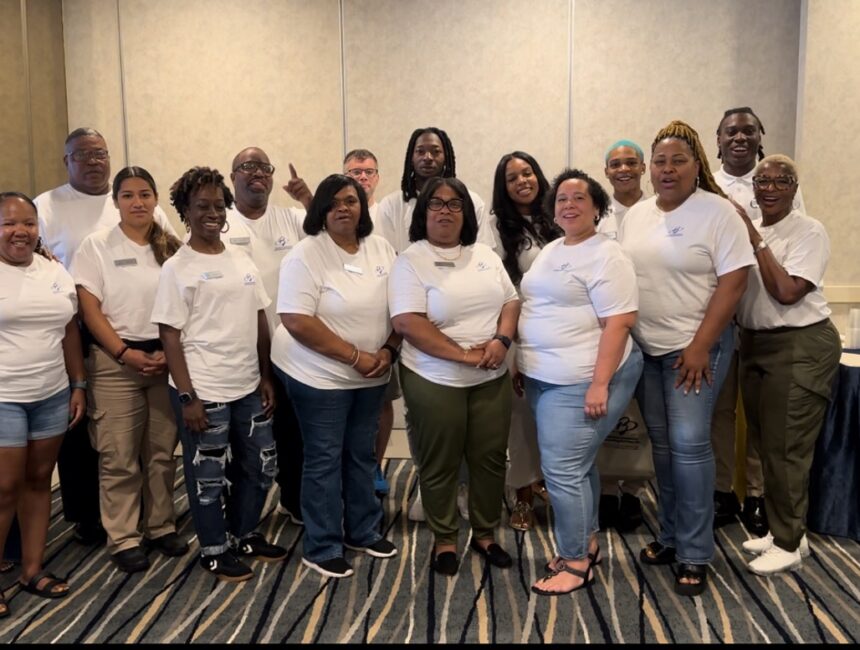
Drug-Free Communities Support Program
Bayshore Community Counseling Services is committed to building a healthier community by utilizing the Drug-Free Communities (DFC) Support Program. This program strengthens our existing coalitions and fosters new partnerships to combat youth substance within Maryland’s lower eastern shore communities.
By integrating SPF-PFS and DFC initiatives, Bayshore Community Counseling Services aims to create a healthier, more resilient community with reduced rates of youth substance use and stronger community collaboration within Maryland’s lower eastern shore communities.
The DFC Coalition consist of sectors of society
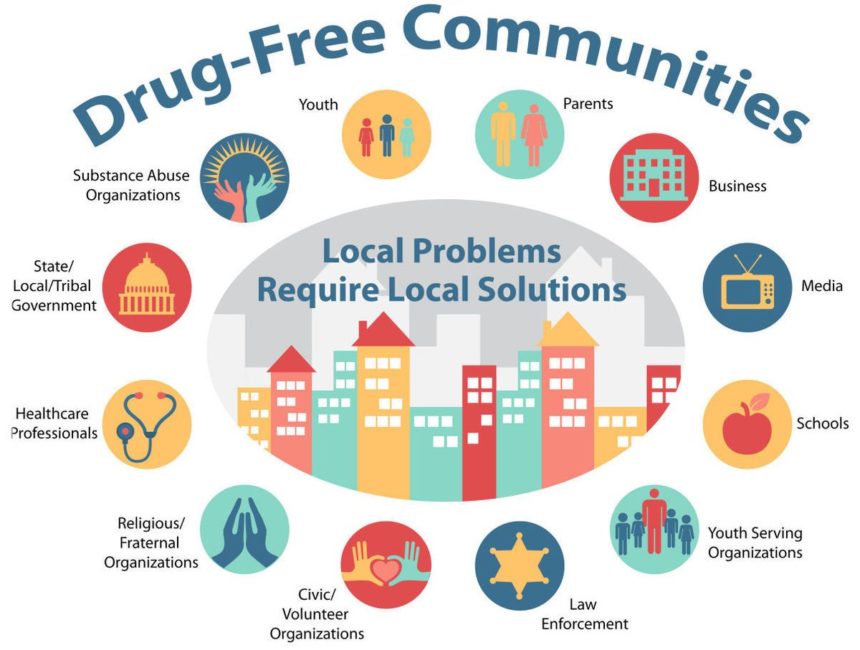

Education
Educational presentations, workshops, activities, seminars, data and/or media presentations designed to increase the skills of participants (e.g., training and technical assistance, classes, strategic planning retreats, evidenced-based programs as well as Public Service Announcements (PSAs), brochures, town halls, forums, web communications).
Prevention & Treatment Services
Direct prevention and treatment intervention to improve behavioral health. Focus areas include family crisis, substance abuse, HIV/AIDS, violence, mental health, and psychiatric rehabilitation.


Professional & Organizational Development
Support agencies with Continuing Education Units (CEUs), licensure preparation courses for the License Clinical Professional Counseling (LCPC) and Prevention Professional Certifications, clinical supervision for LCPC and License Clinical Alcohol Drug Counselor (LCADC), and Clinical Consultation for Commission on Accreditation for Rehabilitation Facilities (CARF).
CARF Clinical Consultation
Prepare private and nonprofit substance and mental agencies for behavioral health accreditation with the Maryland Behavioral Health Administration (Clients include Behavioral Health for Tomorrow, Focus Point Behavioral Health, Lighthouse Counseling, White Flint Recovery, and Sinexputent Substance Abuse)

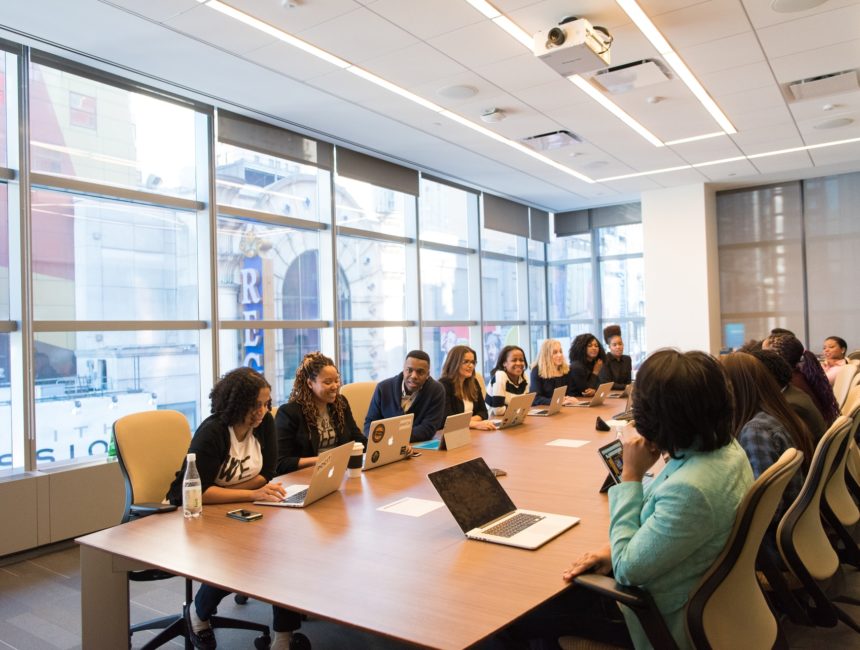
Network Building
Connect community action agencies, community-based organizations, and influential leaders to bring forth the voice of the community. A collective charge to shape public policy through individual and collaborative action and build the capacity of community leaders to be strong advocates for community-level change.
Research, Data, and Information Dissemination
Explore and examine data to bring awareness and understanding to issues impacting the community and to ensure timely and useful information that benefits the minority community, and the public is disseminated. BCCS maximizes the use of technology and social media to implement our research and information dissemination program.


Training
Community counseling services and soft skills training for those recovering from substance abuse and or mental illness as well as youth and young adults.
HIV/AIDS Prevention
Substance Abuse and HIV Integrated Prevention Services Prevention Navigation Project (SHIPS-Prevention Navigation)
Bayshore Community Counseling Services, Inc., in partnership with Access to Wholistic and Productive Living, Inc., provides substance abuse and HIV prevention services to heterosexual Black-Non-Hispanic females at highest risk for HIV and substance use disorders aged 20 to 49 living in Prince George’s County, Maryland.
The strategies implemented include community health workers (CHW) linking participants to care, creating public service announcements (PSAs), social media campaigns for HIV and Viral Hepatitis (VH) screening and testing, HIV and VH screening and testing, and education and training for substance use disorders and HIV providers and other health care providers.
The program is funded by the Center for Substance Abuse Prevention/Substance Abuse and Mental Health Services Administration (CSAP/SAMHSA).
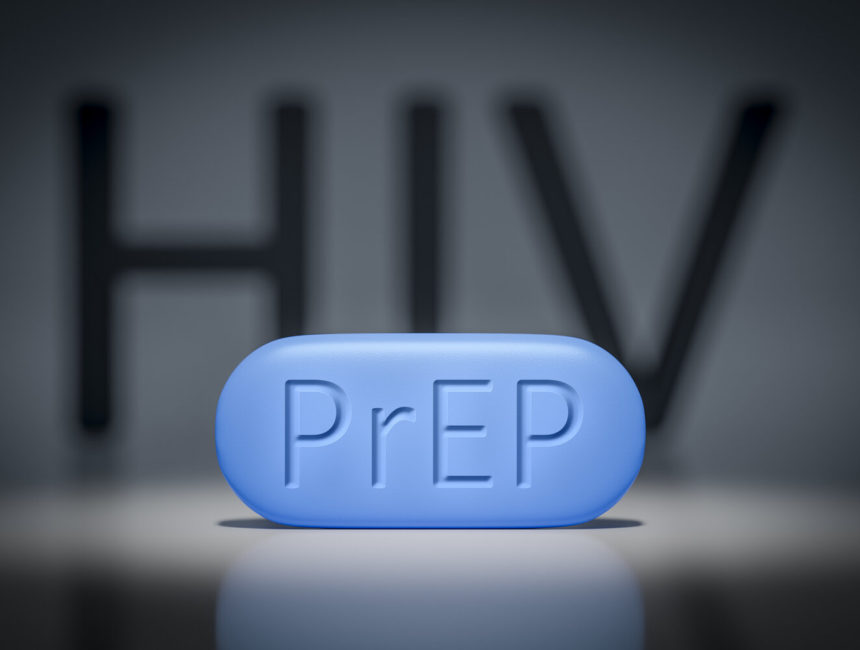
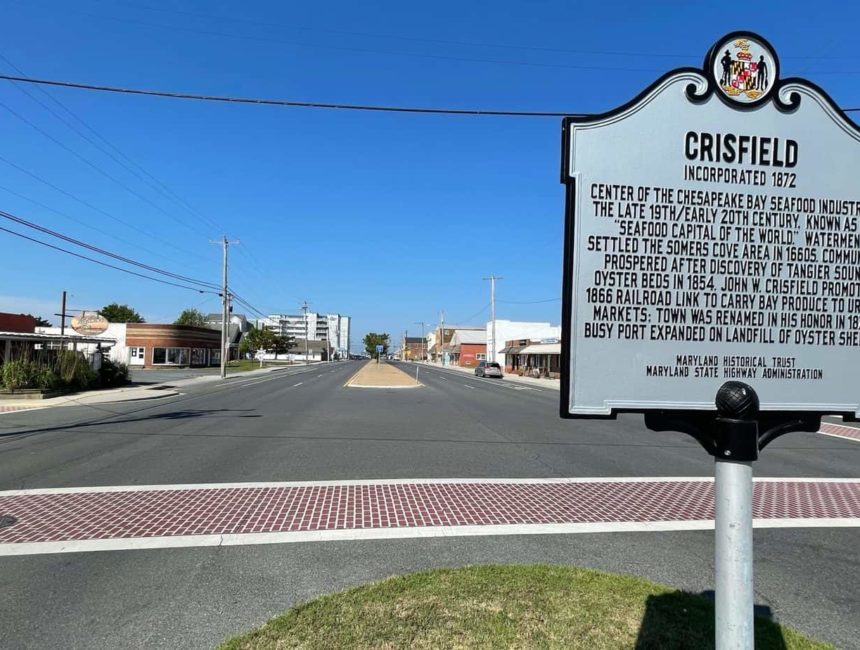
Crisfield Community Prevention Works
The purpose of the DFC Support Program is to establish and strengthen collaboration to support the efforts of community coalitions working to prevent youth substance use. The DFC Support Program has two goals:
- Establish and strengthen collaboration among communities, public and private non-profit agencies, as well as federal, state, local, and tribal governments to support the efforts of community coalitions working to prevent and reduce substance abuse among youth (individuals 18 years of age and younger).
- Reduce substance abuse among youth and, over time, reduce substance abuse among adults by addressing the factors in a community that increase the risk of substance abuse and promoting the factors that minimize the risk of substance abuse.
